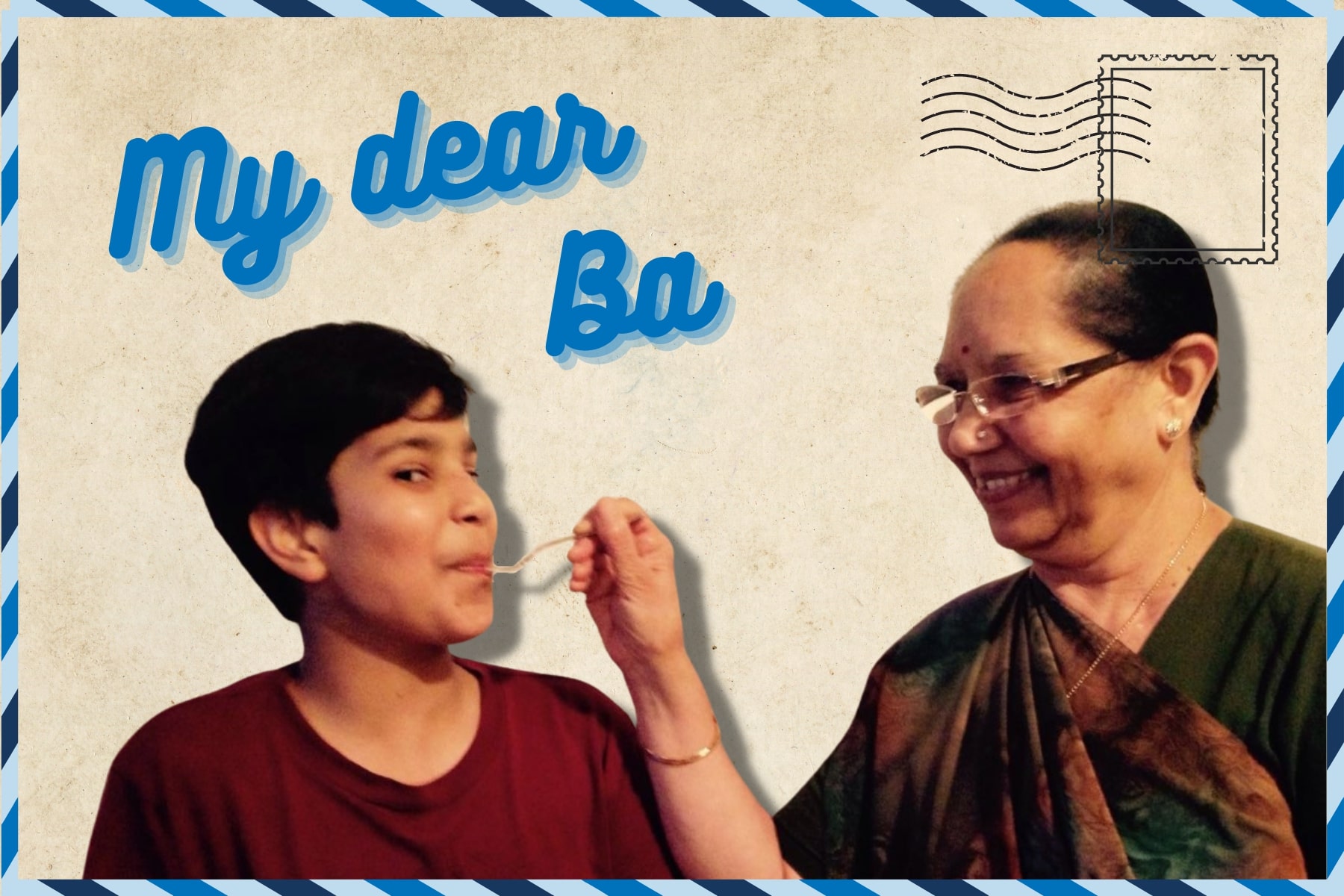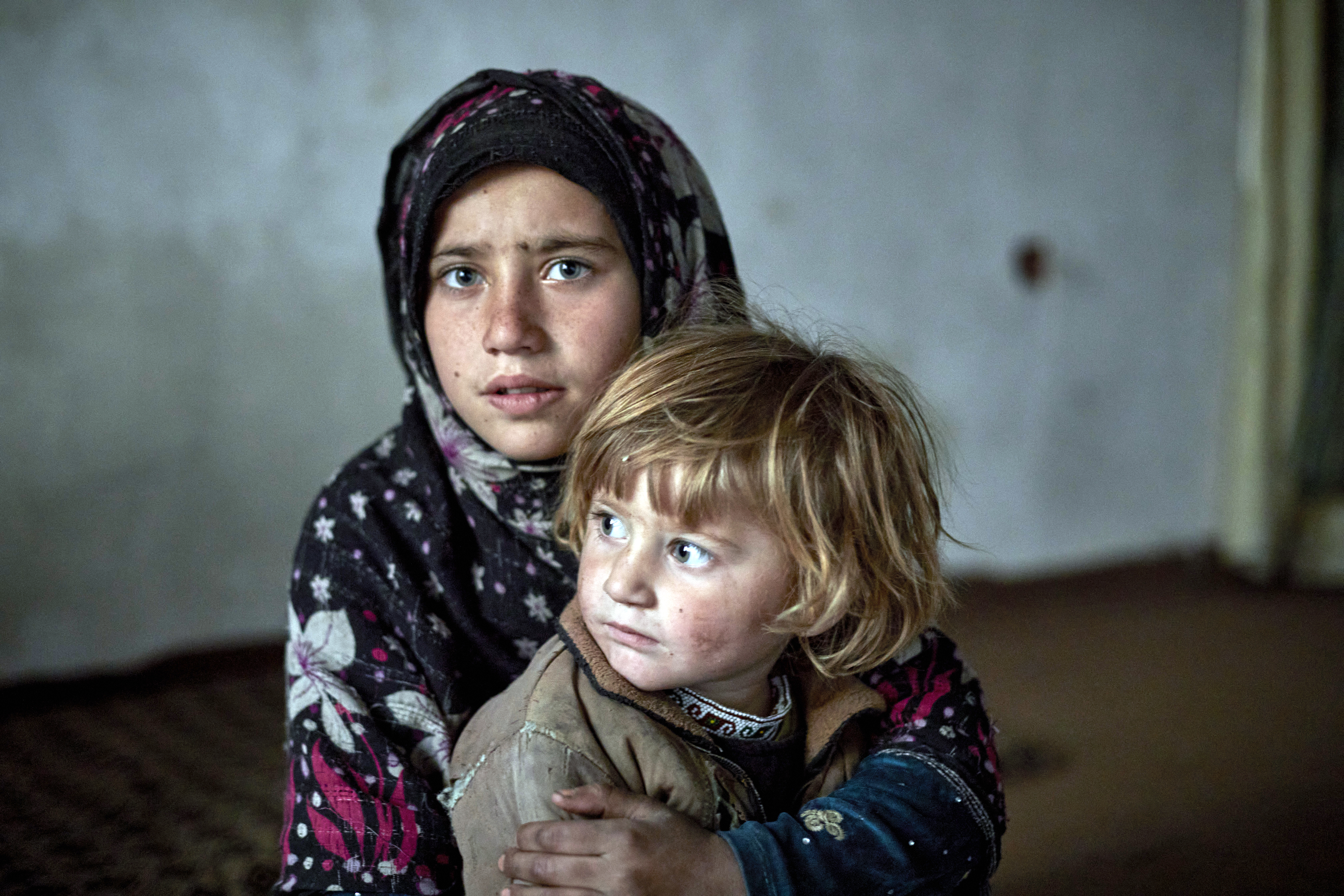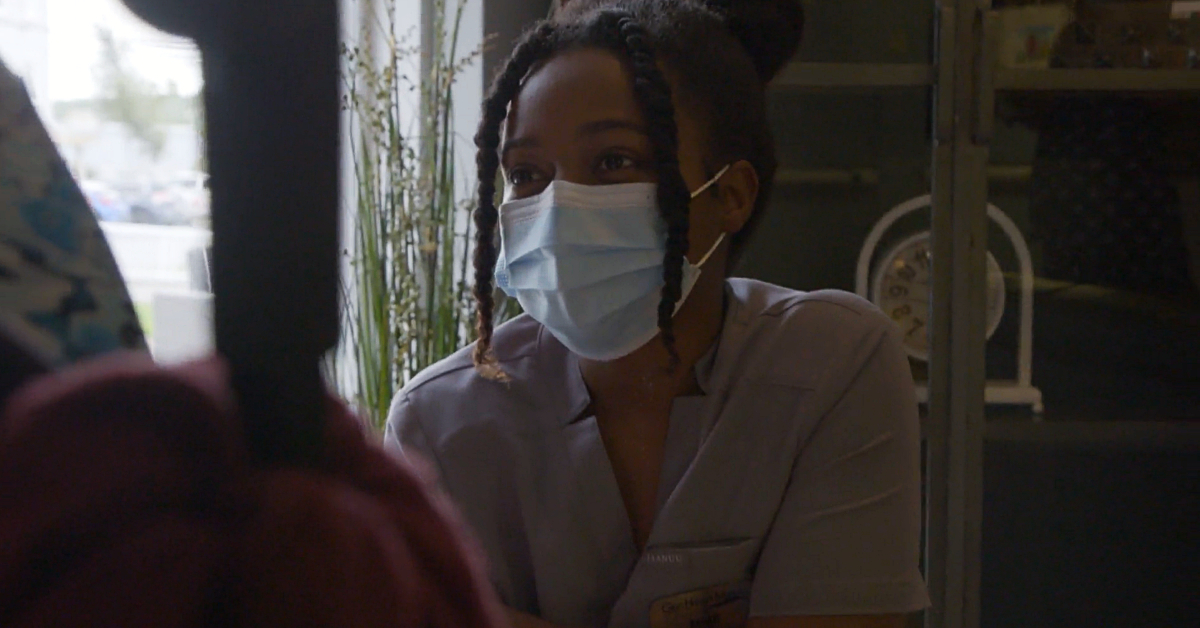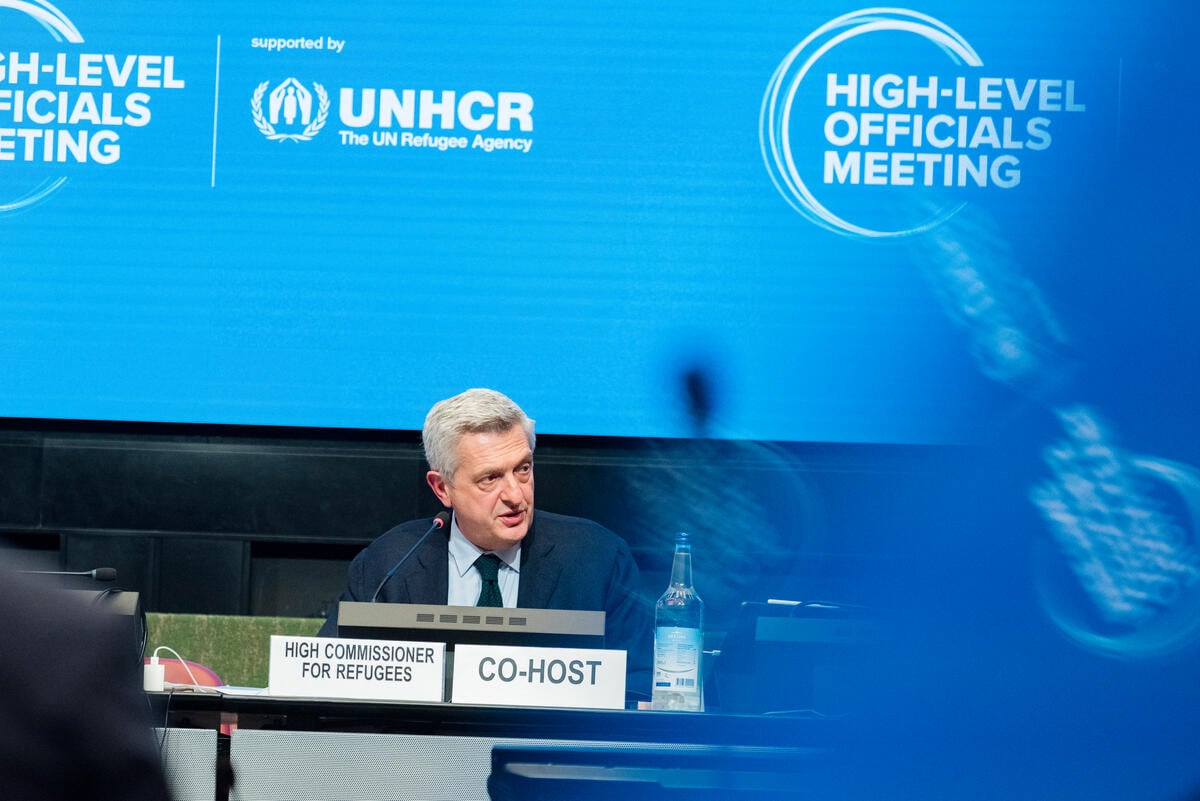Australian police brush up on Sudanese refugees
Australian police brush up on Sudanese refugees

CANBERRA, Australia, August 23 (UNHCR) - A desire to understand more about the Sudanese refugees on his beat sparked the trip of a lifetime for Australian policeman Joey Herrech, who is using the experience to educate others.
Earlier this year, Senior Constable Herrech and Acting Inspector Ian Gillespie spent three weeks in South Sudan to try and learn more about the background and culture of young Sudanese refugees in a suburb of Melbourne, where the two officers work for the Victoria [State] Police.
More than 2,500 Sudanese people have been resettled in Greater Dandenong since 2001 and it has one of the largest Sudanese populations in Australia. The trip to Sudan was part of Victoria Police's drive to move away from a reactive approach to policing and better understand the members of this new and emerging community.
While featuring low in crime statistics, the tall Sudanese youth have attracted considerable local media attention with their habit of gathering in large numbers. This has raised fears about the emergence of Sudanese gangs. Meanwhile, the refugees' deep-rooted fears about men in uniform have hampered police communication efforts and liaison programmes.
Constable Herrech, a multicultural liaison officer reached by phone in Melbourne, said trust needed to be built. "As soon as they see the uniform, a whole bunch of memories come flooding back of trauma and torture they have suffered at home," he said, referring to abuses during the civil war that ended in 2005. "There was just an unwillingness to communicate with us on any level," he added.
The trip to South Sudan in April gave Herrech a much greater understanding about the refugees and their concerns. The constable and his colleagues are now working to combat the refugees' fear of the police through a friendly, non-confrontational approach.
"We try to use a lot of humour and show we aren't a paramilitary organization, that we're a free service and we're willing to help you," he said.
Herrech is also using his new insights to deliver cross-cultural training packages for colleagues in the police force, the departments of justice and correctional services, and the magistrates' courts.
"What I try to highlight is that you really need to open your mind and push the reset button," he said. "We need to understand that the culture and environment they come from is different and difficult."
Seeing photographs from South Sudan and first-hand accounts of conditions there from one of their colleagues, seems to be making a difference for other members of the Victoria Police.
"A lot of the members have changed their attitude and their approach, and it's had a profound effect. They now try to build rapport with the individuals and then the person is less likely to offend, or reoffend, in the future because they understand the police are just there to do a job," Herrech noted.
"Regardless of cultural understanding, there are laws that have to be followed and the police have to do a job. However, the way the police officer enforces the law is important, in your demeanour and your personality when you're approaching people," he added.
The impact of the training can be as simple as the police checking their assumptions and working with the community, rather than, for example, just moving on a group of young people just because they are out together in a large group that might look intimidating to outsiders.
Herrech understands these fears - when he was in South Sudan he was struck and intimidated at seeing large groups of young males grouped together. But then he realized that this was normal social behaviour for the Sudanese.
"They were playing cards, socializing, laughing and carrying on, and I thought, 'How does this differ from an Australian born group of kids in Melbourne,'" he said, adding: "Of course, it doesn't."
Now he's trying to enlighten colleagues and the general public. "Our job [as police] is to widen the understanding a bit further and go back to the community and say well, actually, it is normal for young people to group together. Don't just assume they're there for a negative reason," he said.
By Ariane Rummery in Canberra, Australia








